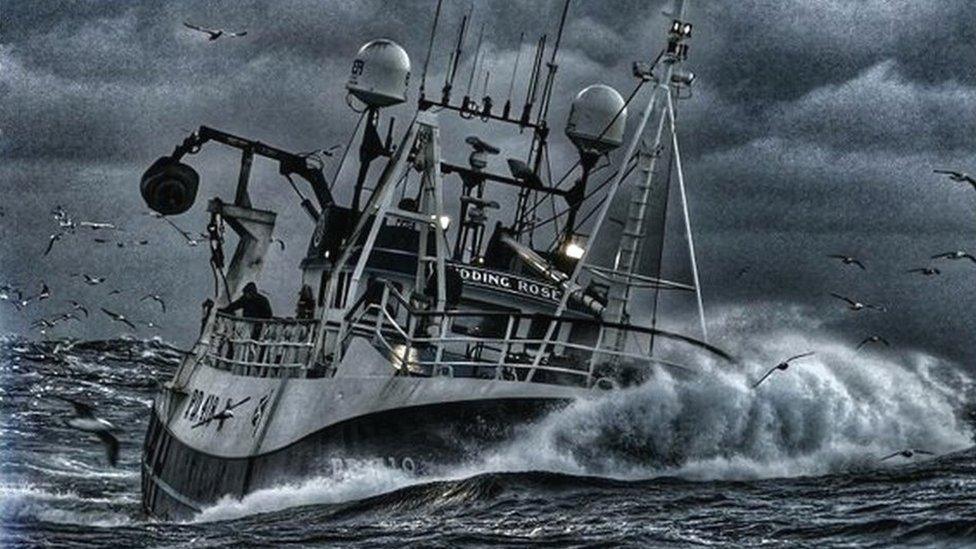Ewing vows 'best deal' for fishermen after Brexit vote
- Published
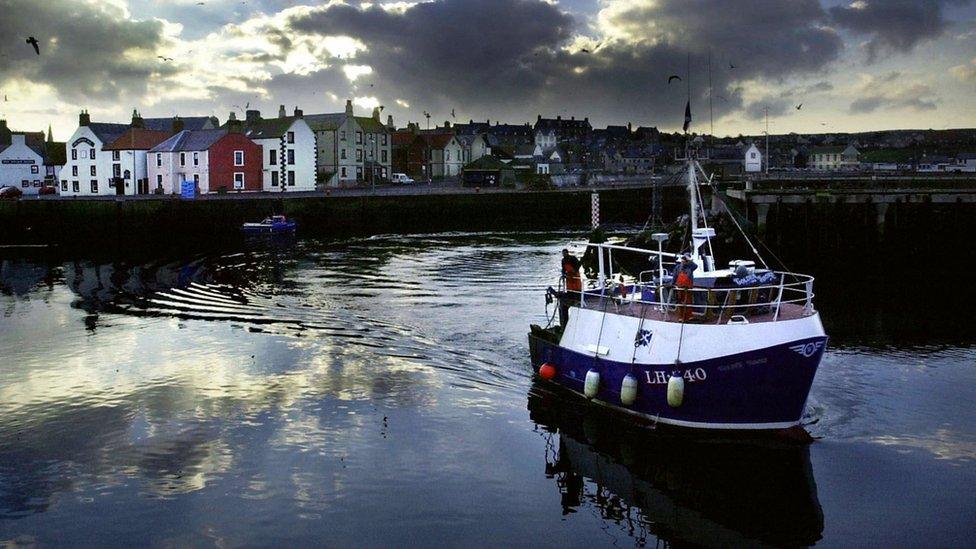
Scotland's Rural Economy Secretary Fergus Ewing has vowed to get the "best deal" for Scotland's fishermen.
He made the pledge after meeting with fishing industry leaders to discuss the future of the sector in the wake of the EU referendum result.
Many fishermen welcomed the Brexit vote, having claimed they were unfairly treated by the European Union.
However, First Minister Nicola Sturgeon has said she wants to protect Scotland's position in Europe.
Speaking after the meeting in Glasgow, fishing sector representatives said the meeting was "very fruitful".
And Mr Ewing said key fishing talks would continue over the minimum two-year period needed for Brexit negotiations.
"I am working with the fishermen's representatives, I respect their views, I understand they have a different perspective from the Scottish government, but that will not stop us working constructively to get the best deal for Scotland," he added.
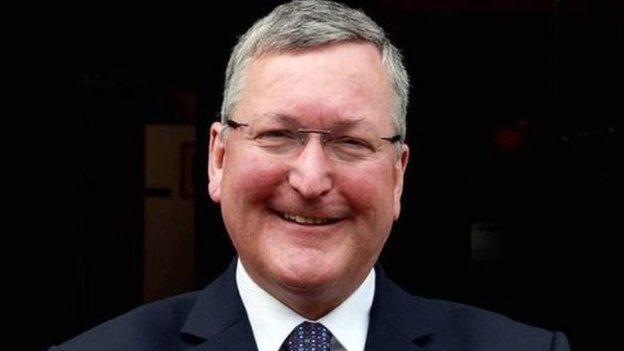
Fergus Ewing pledged to get the "best deal" for Scotland's fishermen
Mike Park, the chief executive of the Scottish White Fish Producers Association, told BBC Radio Scotland's John Beattie programme, that the two sides would produce an "agreed statement" on the future of the industry.
He said the industry in Scotland did not want the EU to negotiate on its behalf with Norway, Faroe and Iceland for fishing opportunities.
"What we want to do is create our own top table with our negotiators there, backed up by fishermen, negotiating with the other main fisheries nations," he said.
"That's the rightful place for the Scottish and the UK fishing industry."
Mr Park said it would allow Scottish fishermen to catch "far more" of the available stocks.
"We're not going to catch more fish but in terms of Norway, Faroe, Iceland, they're catching fish that ultimately should be ours," he said.
'Better deal'
It could lead to a more complicated relationship with the EU, he added.
"We don't necessarily want out of the EU but we want a situation that will deliver us independent management of our fisheries," he said.
"The only position that we can see in terms of allowing us to manage our own fisheries is out of the EU.
"That may mean in terms of free trade and single market, then you negotiate back in.
"But as fisheries representatives, our clear focus is on a table where we sit down, shoulder to shoulder with our negotiators, negotiating against the EU, negotiating against Norway, negotiating against Faroe.
"And in that way, we think over time, we will secure a better deal for our fishermen."
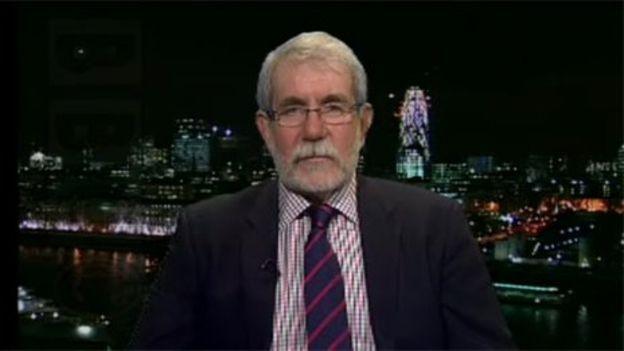
Bertie Armstrong said the EU does not work for fishermen
Bertie Armstrong, chief executive of the Scottish Fishermen's Federation (SFF) said: "The minister listened carefully to our points of view and we both acknowledged that there was a significant divergence in our approach to EU membership.
"However, there was also recognition from both parties of the need to maintain close dialogue and a good working relationship."
The SFF took a neutral stance on the UK's membership of the EU before the 23 June referendum.
But after members met in the wake of the result, they said Brexit was the preferred option.
The UK voted to leave the EU by 52% to 48%. The vote north of the border was to remain by 62% to 38%.
The Scottish government said before the result that EU membership was in the "best interests" of Scotland's fishing industry.
- Published1 July 2016
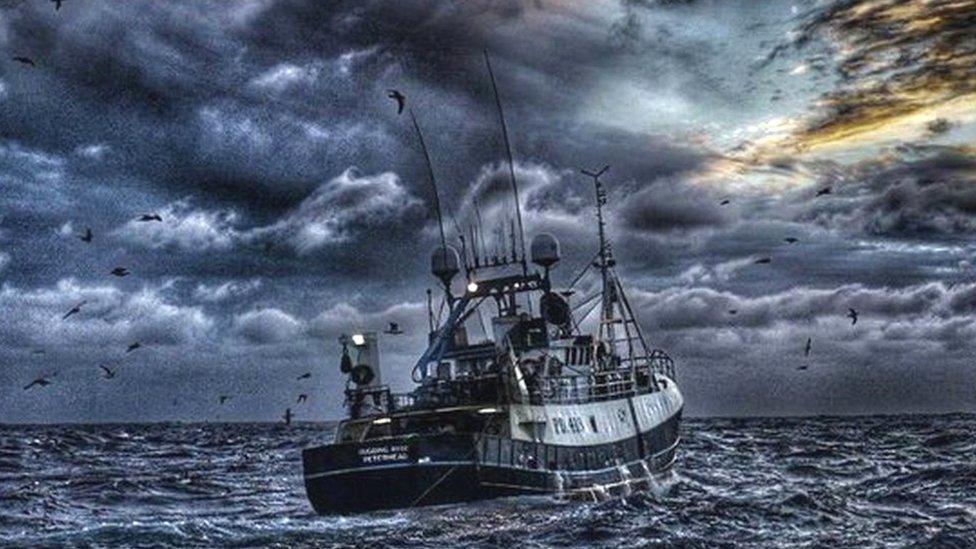
- Published24 June 2016

- Published7 June 2016
